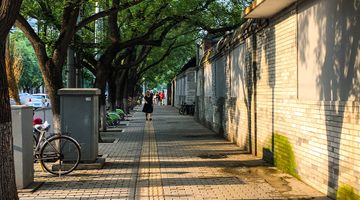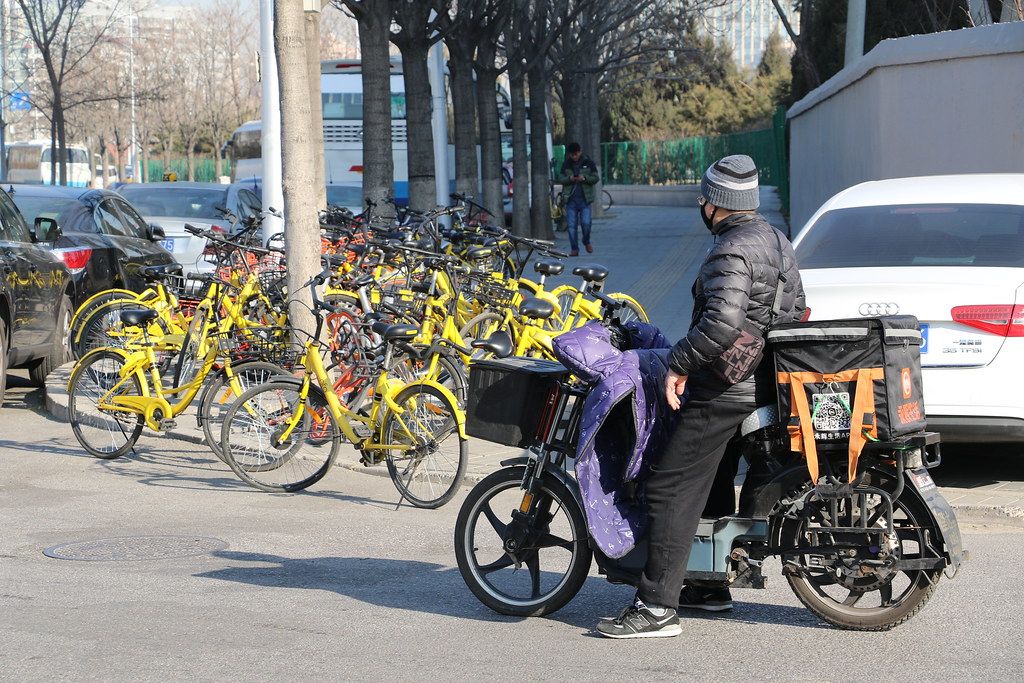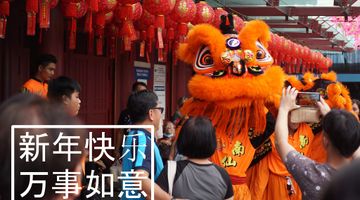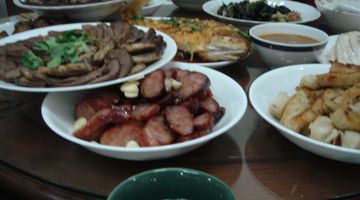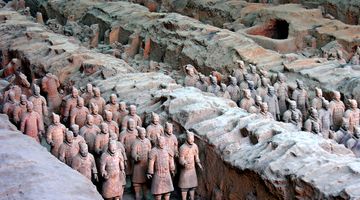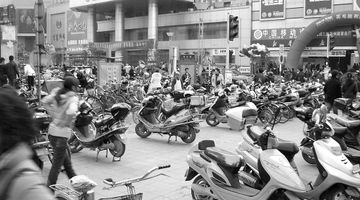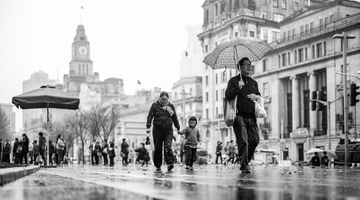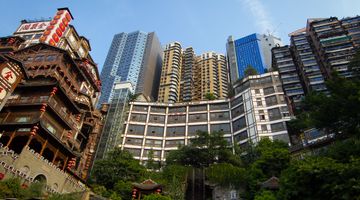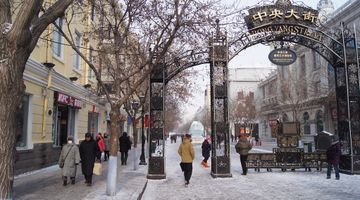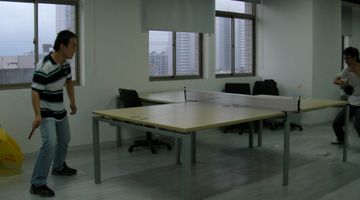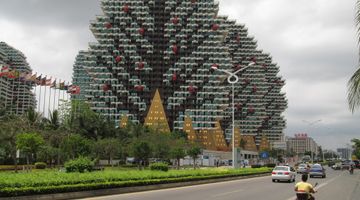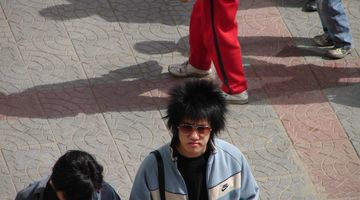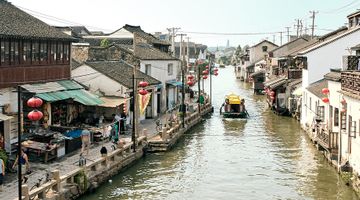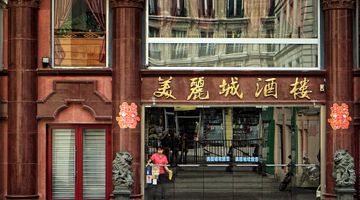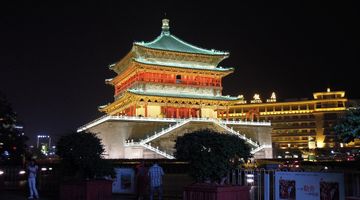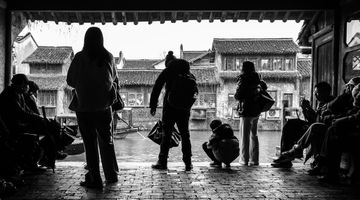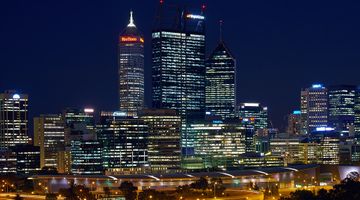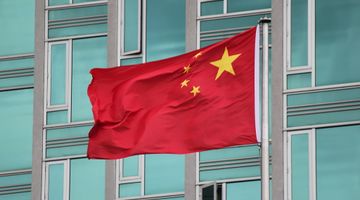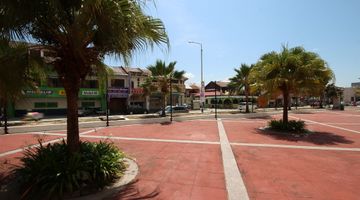Beijing China – Your Quick Travel Guide
In a nutshell
Beijing was formerly known as Peking and is the capital city of China. It is the cultural, economic and political centre of the country located in the north of China and surrounded by Hebei province and the municipality of Tianjin. It is a major transportation hub nationally and internationally.
Why You Should Visit Beijing
Beijing is one of six ancient cities of China and one of the four ancient capitals with a long history to inspire travellers to the city both foreign and Chinese. It receives around 140 million Chinese visitors and 4.4 million foreign tourists every year. It is easily reached internationally through its international airport which is the second busiest of all the world’s airports. Within the city getting around is easy on the subway network, it is the world’s busiest subway network and second largest in the world behind Shanghai.
The history of Beijing goes back more than 3000 years and has been protected by inner and outer city walls. It has several historical attractions from palaces, parks and gardens, tombs, temples as well as its walls and fortified gates. Its museums hold many of the worlds treasured items and its universities make it a major centre for learning. Beijing is home to 7 UNESCO World Heritage Sites, all popular tourist attractions, and offer an abundance of activities to keep you busy during your stay.
When is the Best Time to Visit Beijing?
The best time of year to visit Beijing is September and October as the weather is cooler after the hot and humid summer months (37C, 99F in July and August). The summer in the capital can be an unpleasant experience due to the heat and humidity it is also when it receives the most visitors. The winter is cold with temperatures down to a possible -15C, 5F in January. May and June are also good times to visit once the windy weather of early spring has ended.
Where to Stay in Beijing
In Beijing you have a big choice in accommodation from what area you want to be in to what type of accommodation you require. There are hotels located close to the airport that are ideal if you arrive late or have an early departure but they are not well placed for visiting the city’s attractions. For those on a low budget there are several western style hostels and hotels located in districts such as Dongcheng and Xuanwu, you can get dorm rooms from CNY50 while a double room at some of the cheaper hotels will cost around CNY200.
Three and four star hotels are available in all areas of the city and are listed from CNY500 to CNY1000; you can usually get a good discount off this listed price. The highest rated hotels and therefore the most expensive are mostly in the districts of Dongcheng and Chaoyang. Further out from the city centre there are some resort hotels and these can be anything from CNY1500 up to CNY4000 each night.
Where and What to Eat in Beijing
Beijing’s most famous dish is undoubtedly Beijing Duck and you can get this just about anywhere in the city and expect to pay about CNY90 for a whole duck with the price rising to around CNY200 at a more up-market restaurant. The cheapest food available in Beijing is the street food and local snacks such as savoury pancakes that cost CNY2-3.
The Sanlitun area of Chaoyang district has some of Beijing’s best shopping districts, it is also home to most foreign embassies and the best food choices. You can buy budget meals at a restaurant for CNY15-20 per dish. You will find an endless choice of mid-range Chinese and international restaurants from CNY80-200. For expensive restaurants try the Bei on Sanlitun Road, it is a combination of Chinese, Korean and Japanese food and you should expect to pay CNY300 for a meal. Beijing also has some of the best options for vegetarian and vegan food in China; expect to pay around CNY80 per person at a good mid-range restaurant.
How to Get Around Beijing
The easiest way to get around the city of Beijing is the subway. It was the first subway system in mainland China and now has 22 lines and 370 stations serving most areas of the city. It costs from CNY3 up to CNY9. By 2020 it is expected to have 30 lines in operation with 95% of the people living inside the fourth ring road being no further than a 15 minute walk from the subway. The subway opens at 5am and the last trains end at 11.15pm.
There are more than 1200 bus lines in operation in Beijing and standard fares are CNY2, although they can be as low as CNY1 when using the Yikatong metrocard. There are routes for downtown services, suburban and night lines. There are also some tourist and sightseeing routes operating between the major attractions. Buses with a route number below 200 operate from 5am until 11pm; those buses with a number over 300 are in operation from 6am until 10pm.
There are 67,000 taxis in Beijing, it costs CNY13 for the first 3km with each additional kilometer costing CNY2.3, if your taxi is stationary for 5 minutes (for example in traffic), and the meter will also add another CNY2.3 to the total. All official taxis in Beijing have a number plate that begins with the letter ‘B.’ Unofficial taxis in the city are notorious for overcharging and should be avoided.
How to Get To and From Beijing
By air
For most international visitors coming to Beijing they will arrive at the city’s Capital International Airport which is located 32km to the north east of the city centre.
Air China the country’s flag carrier airline operates to 120 destinations nationally and internationally from here. Other Chinese airlines also use it as their hub airport. The three terminals of the airport make it the second largest airport terminal in the world as well as being the world’s second busiest.
A flight from Guangzhou to Beijing takes 3 hours and 20 minutes and costs from CNY1040. Flights to Urumqi in the extreme north west of China cost CNY1180 and take just over 4 hours from the capital city.
Some international flights are shorter and cheaper than domestic flights in China, for example flying from Seoul in South Korea to Beijing takes exactly 2 hours and costs from CNY920. A direct flight from London to Beijing will take just under ten hours and costs from CNY11520.
There are a number of options to get into the city from the airport; a taxi will cost anything from CNY70-120 depending on where in the city you are heading to. Make sure you join the line for official taxis and ignore the touts. The Airport Express train connects to line 10 of the subway system, the fare is CNY25 and the last train leaves at 11.10pm. The Airport Shuttle bus is another option with several routes to locations across the city with buses leaving every 10 to 30 minutes, it costs CNY16.
By bus
Express buses to direct to Beijing operate from multiple destinations across the country. There are more than 20 long distance bus stations in the city and some destinations are served by more than one station. Most express buses travel on the faster expressways, are comfortable and take from one or two hours for nearby cities such as Tianjin or more distant journeys of around 12 hours, these will cost between CNY100-600. Sleeper buses equipped with bunk beds are slower, can take up to twice as long as the express buses but are a good indication of how some of the poorer Chinese people travel.
By train
There are four main train stations in Beijing, the station in the city centre (Beijing Station) is the oldest and serves normal and high speed trains both to the north and south. A fast train from Beijing to Dalian will take 6 hours and cost CNY266 for a second class seat. International trains also operate from here to Moscow, Ulaanbaatar, Pyongyang and Hanoi.
Beijing’s West station is served by trains coming from the North West, west, south west and south of China with 15 fast trains every day to Xian taking from 4 hours 20 minutes and costing CNY515 for a second class seat. Alternatively there are 9 normal trains every day to Xian taking over 11 hours and costing CNY288.5 for a hard sleeper.
Beijing South Railway station is used mainly for high speed trains going to the north or south east including Shanghai. A second class seat to Shanghai costs CNY553 and takes 4 hours and 30 minutes.
Beijing North station is currently closed for modernizing and is not due to reopen until the end of 2019.
Is Beijing a Safe Place to Visit?
Beijing is generally a safe city with cases of violent crime against foreigners very rare; Beijing has one of the lowest rates of crime in Asia. Petty crimes such as pick pocketing do happen particularly in the tourist areas and on buses or the subway during rush hour.
There are a few areas of Beijing that are considered unsafe, as a tourist you are very unlikely to go to these areas and even if you asked a taxi driver to take you there they will more than likely refuse.
There are a number of international hospitals in Beijing, and should you fall ill in China then Beijing is the best equipped city in China for medical emergencies.
